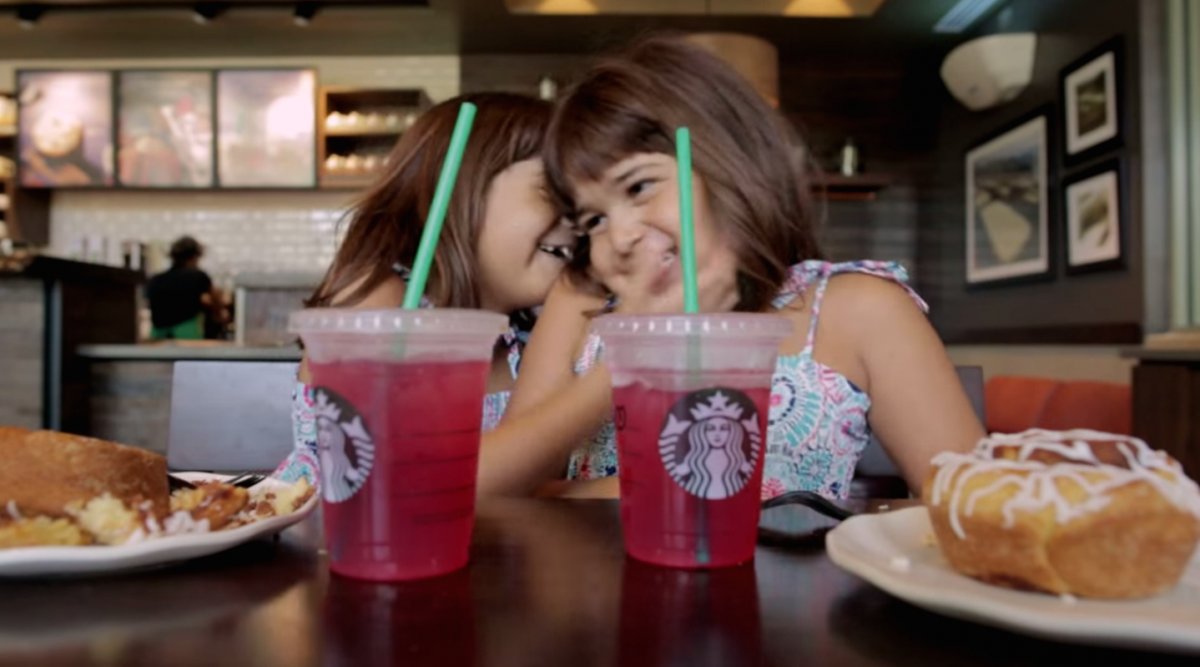Millennials, we know that you changed fashion, politics, technology and communication. But here’s our latest burning question: Are you ready to change diapers?
This year, Millennials are poised to pass the Baby Boomers as the largest living generation.
Now they are starting families.
Plus: The era of the unbrand | Legendary Century 21 expands
Anyone who sells goods or services can be forgiven for obsessing on the question: What does the Millennial parent want?
There are about 75 million Millennials, and they make up 29 percent of the population; they are ethnically and racially diverse, politically progressive, and they are the first generation to be raised on social media.
Also: Experiential shopping | World’s largest shopping malls
The prevailing wisdom is that Millennials eschew traditional brands in favor of cool, luxury brands that provide instant gratification, entertainment, release from boredom and emotional rescue. Prior to having children, Millennials identified with such cool brands as Nike, Sephora, Apple and H&M.
Awesome! Let’s get this party started. Where do we sign them up for baby yoga, designer onesies and fancy formula?
Not so fast.
This generation came of age and began entering the workforce just as the Great Recession hit in 2008. Many are underemployed and still paying off student loans. The typical 18- to 34-year-old makes $2,000 less each year than young workers did in 1980, according to the Census Bureau.
Many are putting off starting families. But when they do come around, what will that look like?

Brands that reflect their values
One major difference between Millennials and generations before them is that they have been inundated with targeted advertising from a very young age. They were the first generation of digital natives who grew up with tailored web ads and entire cable television channels devoted to them. Social media has even further accelerated the personalization of ads. Perhaps because of this familiarity, they tend to view brands they choose as extensions of their own image.
Indeed, Millennials have become their own brand managers. They are true to brands that they would feel good about recommending to their friends. They connect to socially and environmentally responsible brands that offer high-quality products, share their interests, reinforce their status and reflect their values as individuals. Millennials tend to choose cool brands that promote healthy lifestyles, provide instant gratification and have authentic narratives like TOMS and Warby Parker.
To appeal to Millennials, brands must achieve a new level of transparency and authenticity, and stand behind their products. Brands must also entertain them and reach them across multiple platforms with accurate, personalized information and promotions.
Millennial parents want healthy food, fair prices and convenience
Perhaps not surprisingly, when Millennials become parents, practicality overrules the need for the latest gadget, and they move toward brands such as Kohl’s and Walmart and step away from “cool” brands like Sephora and Apple. At the same time, the smart, “uncool” brands are working hard to make inroads with Millennials. Walmart, for example, is investing in e-commerce and mobile, promoting sustainability and adding items that Millennials demand like Tommee Tippee, the UK’s No. 1 brand of infant and toddler feeding products.
Millennial parents prioritize such things as:
- Price: Millennial parents are financially stressed and respond to flash sales, targeted promotions and rewards programs.
- Health, product safety and transparency: Millennial moms, in particular, seek out healthy food choices. Armed with smartphones, Millennials are more likely to go online to conduct research at the store to read customer reviews and product information before making a purchase decision.
- Convenience: Like all parents, Millennials are busy and appreciate convenience and instant gratification, such as drive-through windows and free, overnight shipping.
- Diversity: Brands should avoid gender stereotypes and portray a more equal, diverse image of families that includes single, dual, and same-sex parents.
Brands that are doing it right
Goldman Sachs recently issued a report with a list of the brands that are well-positioned to serve Millennial parents. The list includes LEGO, Hasbro, Netflix, Whole Foods, Starbucks, Chipotle, Zulily and Etsy among others.
- Starbucks is high on the list because it offers healthy, kid-friendly snack options; convenient, drive-through ordering and mobile payments.
- Zulily makes the cut because it capitalizes on emerging trends among Millennial shoppers like shopping as entertainment, uniqueness of merchandising and a sophisticated, personalized, mobile-friendly experience with one-click checkout.
- Whole Foods, known for healthy, organic food choices and for promoting healthy lifestyles, is also on the list. Whole Foods is addressing one of its weaknesses — the perception that it is too expensive — by launching a new chain of lower-priced stores that have more appeal for Millennials.
- Target is valued by Millennials in part because it is deeply embedded in the cause arena, with its giving programs covering issues like education, hunger, health and the environment.
(BusinessInsider.com)
The bottom line, according to Goldman Sachs, is that American parents will spend $1 trillion a year on their kids. So, the stakes are high for brands that want to grow with Millennials as they become parents.
Just don’t be surprised if they’re clamoring for “uncool” items at the big-box stores. Less money and more expenses mean they might not spring for the latest gadget. If that’s what you sell, you may have to target their retired parents, who may not know the new technology but will surely get help from their tech-savvy Millennial offspring.
Anjee continues to be an insatiable collector of all things retail. She’s a student of culture living next door to future shoppers, whose fleeting trends constantly change the retail landscape … driving retailers, landlords and developers crazy!

 Anjee Solanki
Anjee Solanki


 Colliers Insights Team
Colliers Insights Team